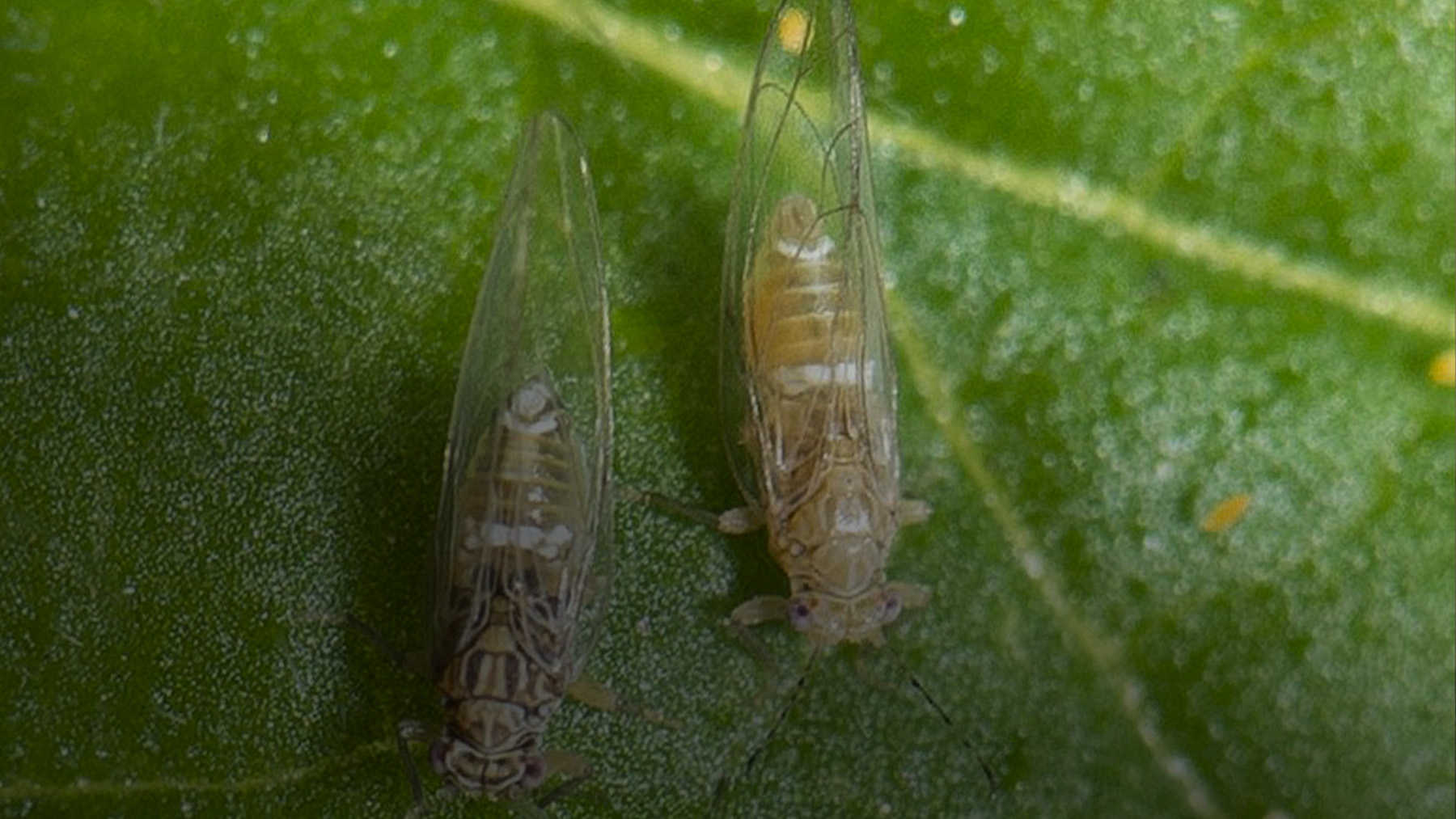New detection of TPP in Victoria
Agriculture Victoria has advised of a recent detection of the tomato potato psyllid (TPP; Bactericera cockerelli) on tomato plants in Victoria. TPP can impact Solanaceous crops such as tomatoes, potatoes, capsicums, and eggplants.
TPP has been present in Western Australia since 2017. It was agreed that TPP was not eradicable from Western Australia and a transition to management phase was endorsed by impacted industries and government, with the aim of mitigating spread and supporting market access and trade.
AUSVEG is coordinating the response to this new tomato potato psyllid (TPP) outbreak through the Eastern Bloc agreement, a collaborative effort between AUSVEG on behalf of the potato industry, and the Plant Health Committee (PHC). This agreement outlines guidelines for the movement of processing and ware potatoes in the event of a TPP detection in the eastern states.
In 2020, The Plant Health Committee (PHC) confirmed its commitment to:
- Uninterrupted trade: Movement of potato tubers between QLD, NSW, VIC, and SA will continue despite TPP detection.
- Business continuity: Minimizing TPP spread while ensuring ongoing trade.
- National monitoring: Collaborative TPP monitoring program across Australia.
- This agreement enables continued potato trade and production in the presence of TPP, safeguarding the industry’s economic stability.
Stay informed about the latest updates, and access resources and information using the links below.
How to spot TPP
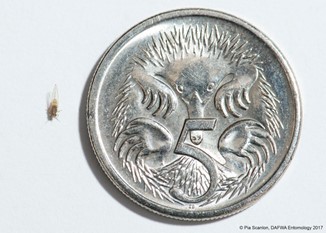
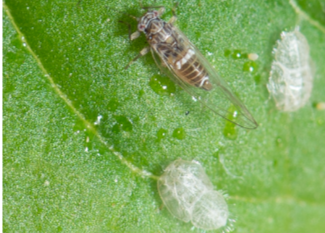
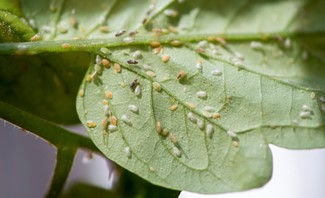
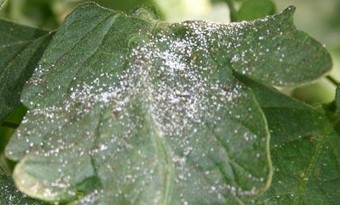
All images courtesy of the Department of Primary Industries and Regional Development (DPIRD), Western Australia.
When TPP is present in a crop, the noticeable signs of the tomato potato psyllid include:
- Insects jumping from the foliage when disturbed. Adult psyllids are sometimes called ‘jumping plant lice’ as they readily jump and fly when disturbed.
- Severe wilting of plants occurs when there are large numbers of psyllids feeding.
- Yellowing of leaf margins and upward curling of the leaves.
- White sugar-like granules that are excreted by adults and nymphs. These granules coat the plant leaves and stems, and can lead to the development of sooty mould.
- Honeydew and psyllid sugar make the plants sticky and plants often appear dirty.
- Shortening of stem internodes occurs.
- The death of the stem is similar to other potato and tomato disorders.

